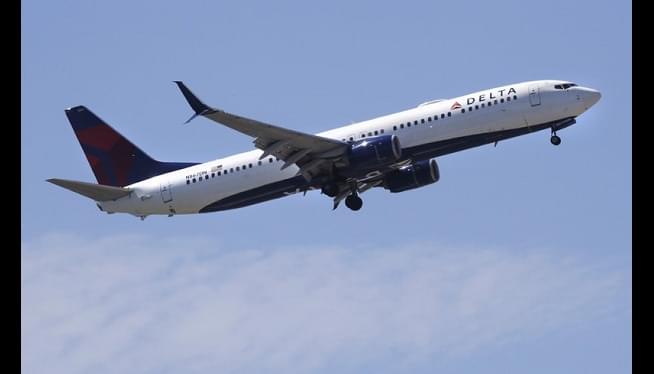This could be the final boarding call for the $200 ticket-change fee that has enraged so many U.S. airline travelers over the past decade.
Delta Air Lines said Monday that it will drop the fee for domestic flights, copying United Airlines’ move one day earlier.
Southwest Airlines didn’t levy change fees to start with, so Delta’s decision leaves American alone among the big four U.S. carriers.
Airlines are being battered by the coronavirus pandemic, as travel restrictions and fear of contracting the virus are keeping travelers at home. Normally in summer, 2 million or more people pass through security checkpoints at U.S. airports each day, but that number hasn’t been above 900,000 since mid-March, the early days of the pandemic.
To woo passengers, airlines have required face masks and stepped up cleaning of planes. A few, including Delta, Southwest and JetBlue, limit seating, although American and United try to sell every seat.
The major airlines had already extended temporary waivers on change fees for domestic and international flights, so ditching the fees permanently won’t make much difference to passengers right away. But by doing so, United and now Delta are abandoning a fee that has drawn particular scorn from customers, consumer advocates and members of Congress.
Airline shares fell on Monday after United’s decision and the expectation that other big airlines would be forced to ditch their change fees too. In afternoon trading, each of the big four was down between 2.7% and 3.5%.
Even without change fees, plenty of other fees will survive. Charges for checking a bag were greatly expanded more than a decade ago. Many airlines also charge extra for seat assignments, more legroom, priority boarding and other perks, and they provided a growing source of revenue for airlines until the pandemic hit.
Copyright 2020 The Associated Press. All Rights Reserved. This material may not be published, broadcast, rewritten, or redistributed. Photo: AP





















